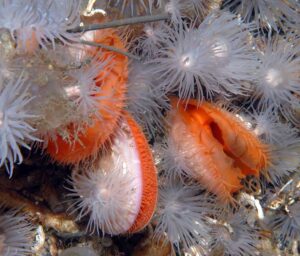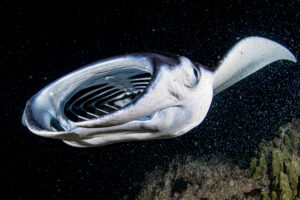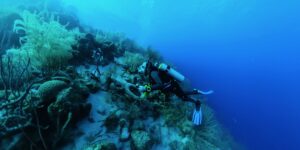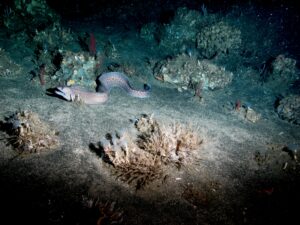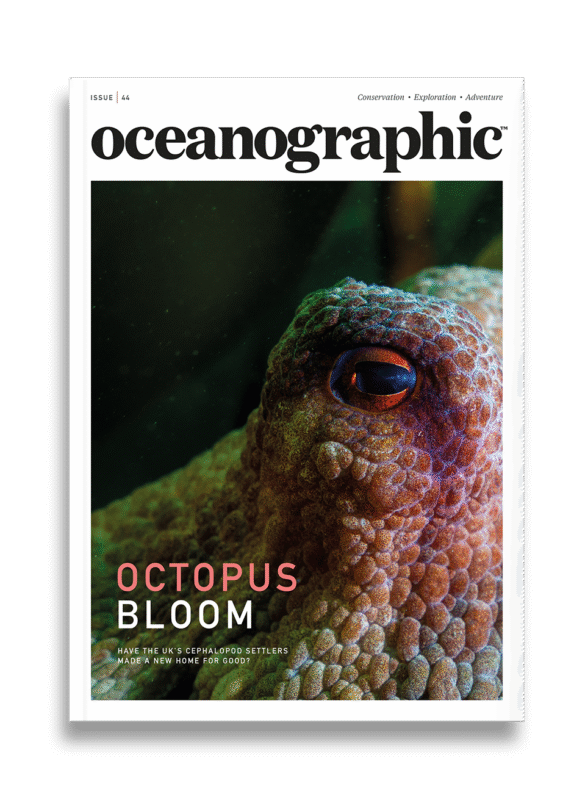Drive to create a capital market for the ocean moves from concept to reality
In spite of the controversies surrounding COP28, progress has been made this year at mobilising finance capital into improving the sustainability of the ocean. On COP28’s Ocean Day, the Ocean Risk and Resilience Action Alliance has announced that the Sea Change Impact Financing Facility (SCIFF) has turned from concept to reality, creating a capital market for the ocean.
On COP28’s Ocean Day, the Sea Change Impact Financing Facility (SCIFF) announced plans for the creation of a blue marketplace platform and an impact fund, among other instruments that are designed to mobilise billions of dollars into ocean finance.
The Ocean Risk and Resilience Action Alliance (ORRAA), with its members and partners, has been developing an open ocean financing architecture designed to drive at least USD$1 billion of private investment into coastal and ocean ecosystems by 2030. This will provide a springboard from which to mobilise at least USD$2.5 billion of broader finance capital.
The SCIFF’s first suite of financial instruments are set to redefine the blue economy and propel ocean conservation into a realm of unprecedented financial engagement, including The Neptune Fund (an expendable endowment), the Outrigger Ocean Impact Fund (targeting mid-sized projects between $1 million and $10 million), the Nautilus Ocean Guarantee Company (enabling de-risking of investments) and the Octopus Desk (a blue finance and project marketplace).
The initial concept for the Sea Change Impact Financing Facility, which has a focus on the Global South, was launched at the One Ocean Summit hosted by President Macron in Brest, France, in early 2022. On Ocean Day at COP28, it was announced that a number of the SCIFF’s first wave of financial instruments are moving from concept to reality.
Karen Sack, executive director of the Ocean Risk and Resilience Action Alliance said:“The development of the SCIFF is a fundamental part of our strategy. While much of ORRAA’s work focuses on building an investable project pipeline from the ground-up by supporting the development of investable finance and insurance products, it is also critical that we develop the overarching framework and financial instruments through which to channel the billions of dollars which are needed to build a resilient and regenerating ocean.”
“As this first wave of SCIFF financing vehicles and tools move from design to deployment, we are excited about the other elements that are in our development pipeline. Building the capital market for the Ocean requires ‘all hands on deck’, and we are always looking for both ideas and capital to accelerate and scale so that we can deliver on our mission,” Sack continued.

One of SCIFF’s first financial instruments that are turning from concept to reality is The Neptune Fund. It is planned that a single donation to The Neptune Fund will work towards ocean conservation action for the next 8 to10 years. It is an expendable endowment that allows both capital and income to be spent on ocean conservation, thereby providing reliable, long-term support to locally-led ocean conservation for some of the most threatened and overlooked marine species and ecosystems. Neptune has grown from an initial investment of $50,000 to a $500,000 facility in under a year.
Another instrument that has been developed further is the Outrigger Ocean Impact Fund, an ocean impact fund focused on investing into sustainable and regenerative blue economy small and medium-sized enterprises in Small Island Developing States (SIDS). Outrigger is designed to tackle the ‘missing middle’ ($1-10m ticket size) financing gap in SIDS/Large Ocean States. A feasibility assessment is complete, and Outrigger is now in the establishment phase, working towards a first close of the Fund in the middle of 2024. It is currently engaging with cornerstone investors.
Nautilus – The Ocean Guarantee Company, on the other hand, will act as a means to de-risk investments into sustainable blue economy sectors through the provision of guarantees. Last but not least, the Octopus Desk will be a blended finance blue marketplace platform that will connect eligible blue resilience project developers with investment partners seeking environmental, social and financial returns, thereby enabling sustainable blue economy transaction match-making and technical assistance for investors and project developers.
For more from our Ocean Newsroom, click here.


"*" indicates required fields
Printed editions
Current issue
Back issues
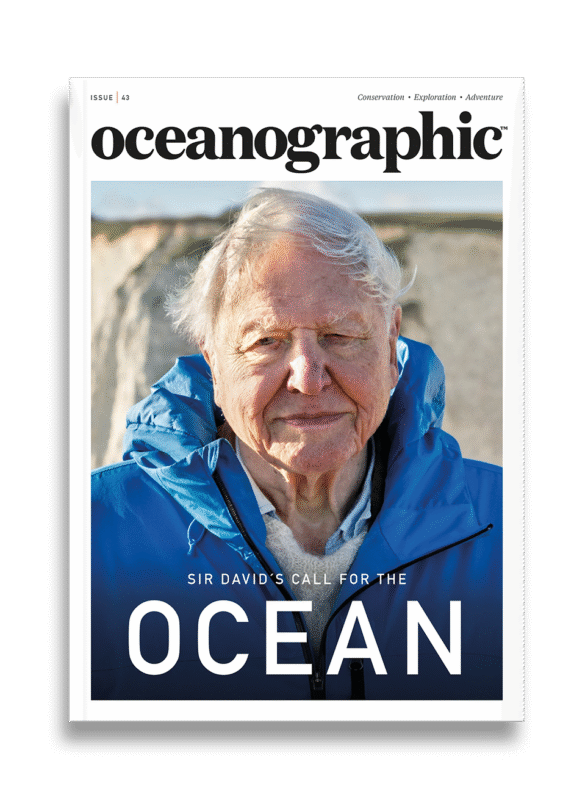
Back Issues
Issue 43 Sir David Attenborough’s ‘Ocean’

Back Issues
Issue 41 Holdfast to the canopy
Enjoy so much more from Oceanographic Magazine by becoming a subscriber.
A range of subscription options are available.

